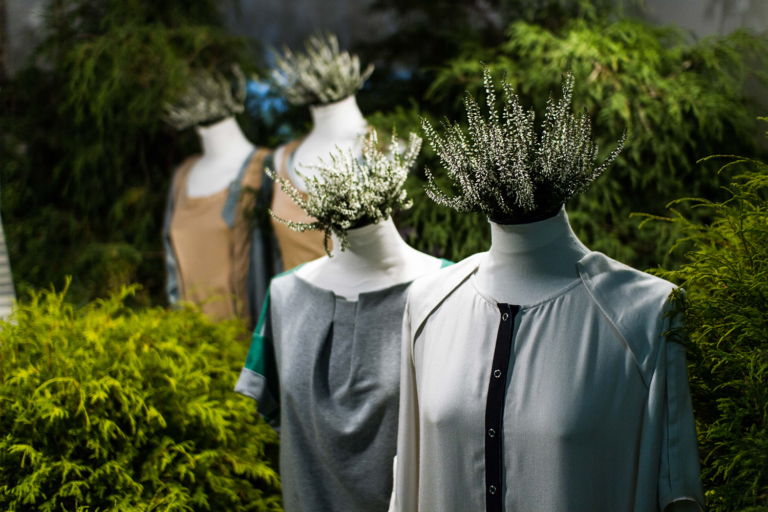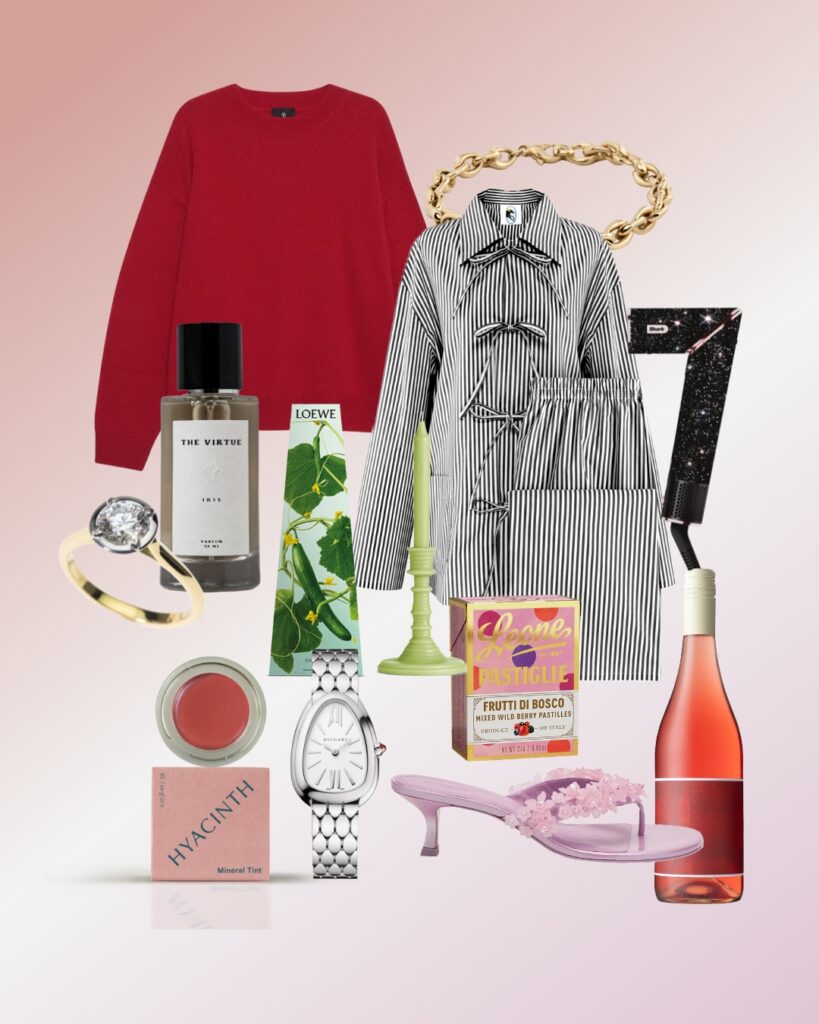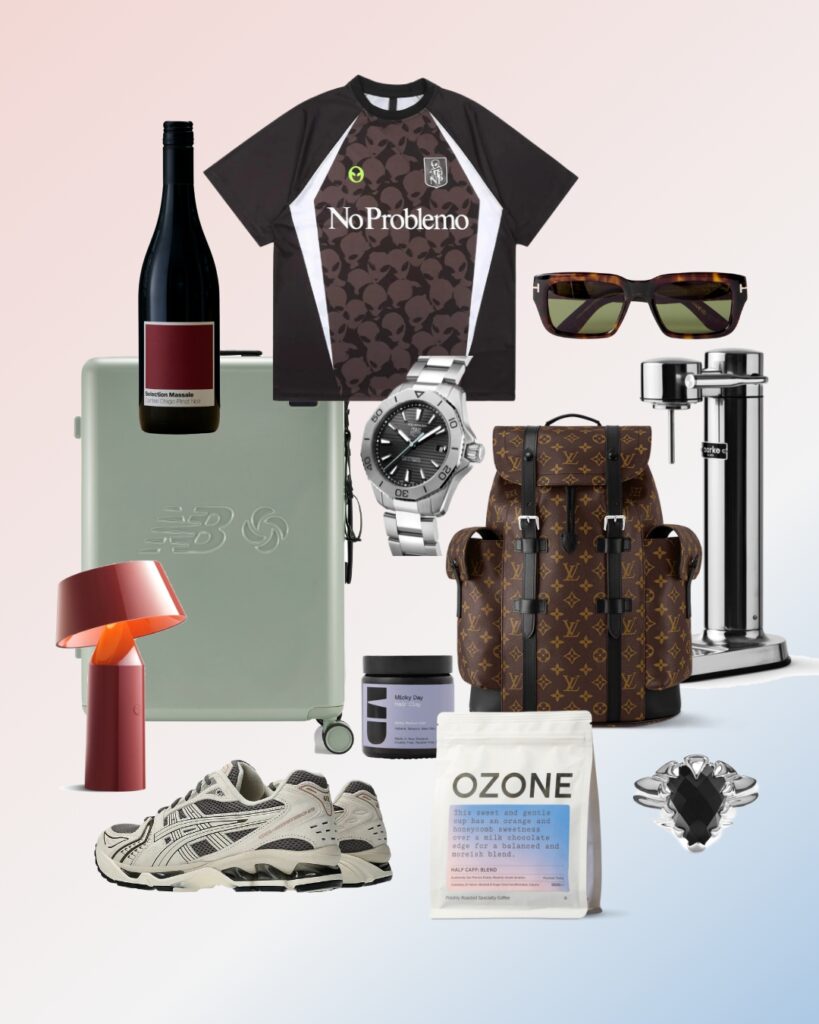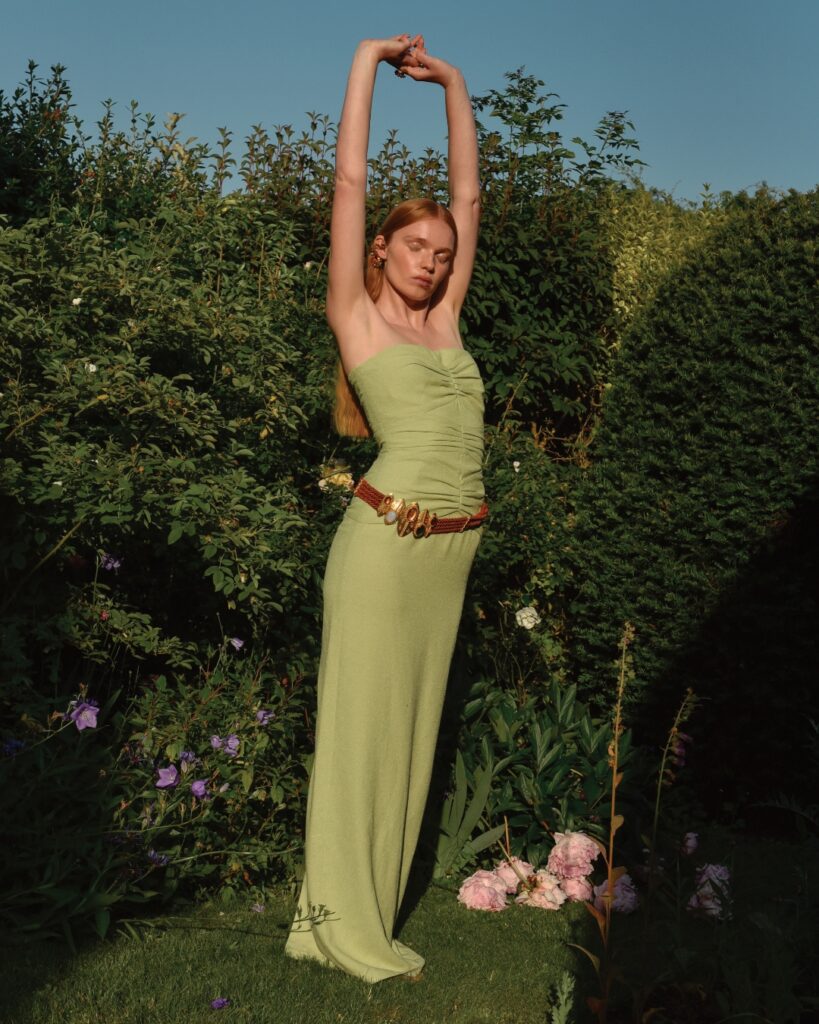
Believe it or not, the fashion industry’s global waste management system currently channels many of its old clothes through Ghana and Chile, where they make their way to roadside landfill, easily visible to passers-by. In New Zealand, most of our old clothes also end up in our own landfills — about 35,000 tonnes a year. It’s less of an eyesore for us, though, because our landfills generally aren’t visible as we go about our daily life.
But 35,000 tonnes is a whole lot of clothes — about 7kg per person, or 35 T-shirts for each of us, each year. Whether synthetic or otherwise, clothing treated with chemicals can take 200 years to biodegrade and is as toxic as discarded tyres and plastic, releasing harmful chemicals into the environment. This is the unseen consequence of our addiction to stuff.
I hit you with these numbers because we have a problem with stuff, in particular clothes. We’re buying too many and throwing them away too soon. Our charity shops are overflowing with second-hand garments. It seems the recent lockdowns gave us all time to have a bit of a clear-out, and charity shops reported a huge surge in drop-offs towards the end of last year. Many have started turning away people with donations due to a sheer lack of space.
When did we stop thinking about our clothes as treasured investments, and start treating them as disposable? When I was growing up, my wardrobe consisted mainly of hand-me-downs and hand-knitted jumpers with the same striped pattern my siblings and I all wore. Once I outgrew one size, I could move up to the next. As a teenager, I learned to sew, which gave me the chance to express my individual style, and I saved hard to make my first purchase of a denim miniskirt. Boy, did I treasure that — it took many months of cycling around my mountainous Wellington paper route to afford it!
Fast forward to today. The price we pay for our clothing has dramatically declined (in 2021, you can buy a new denim miniskirt for one hour’s work at minimum wage) and the amount being produced has more than doubled in the past 15 years. They’re the perfect conditions to create mountains of clothing waste that no one wants. But that’s still a valuable resource. Raw materials, energy and labour have all gone into the production of these textiles, and although their current form might not be useful (although it often is), they still have value.
This challenge of cheaper clothing in higher volumes creates a tension for those of us who enjoy fashion. We don’t want to contribute to the waste problem, but we do want to experiment with new looks and experience the joy we get from wearing beautiful new items. Higher-quality products that last longer aren’t always accessible for all of us.
My solution is twofold. First, let’s think about our clothes as part of our own personal story; build memories with your clothes, and when you wear them, add to your tale. Second, as clichéd as it sounds, shop mindfully; rethink what and how you buy with the longevity of the piece of clothing top of mind, even if it’s not with you its entire life.
We all have to take some responsibility for these mountains of waste, and so do businesses. We’ve always been a nation of innovators in New Zealand, and the area of textile waste is no exception. Cirkel Life is one brand that sees waste as an opportunity. Recycled denim collected from op shops, upcycled sheets and linen, sample fabrics and offcuts from local fashion labels are all used by the Tauranga-based clothing brand to create clothes for the tween/teen age group.
Founder Karlie Morrow is also thinking about the clothing’s end of life and working to include a take-back scheme called Re-cirkeled, in which anything created is either resold, disassembled or recreated as something else, or able to be composted back into the earth when its life cycle is finally complete.
Offcut is another brand that has run with the opportunity to make use of resources that have already been made. It takes fabric scraps from the textile industry and turns them into caps. The fabric it sources includes end of rolls, fabric with imperfections, small offcut pieces that can’t be used for garments, and old curtains, duvets and sheets that are no longer fit for purpose.
Untouched World challenges you to avoid waste altogether. Although its products are designed to have a long life and it offers a free repair programme, when its pieces do eventually reach the end of the road, you can bury them in your backyard, confident that because they don’t contain any harmful chemicals, they’ll safely break down into natural elements in the soil. In fact, Untouched World stands behind this so much, the food for its local café is grown in such soil! (Word of warning: don’t do this with any old garment. Most of our clothes, whether they’re made from wool, cotton or synthetics, are full of toxic chemical dyes that you definitely don’t want to eat.)
Achieving a zero-waste life cycle for its clothing is at the heart of everything Standard Issue creates. Because all of the fibres it uses are 100% natural, any waste generated during the manufacturing process is made into household insulation.

Every garment also has a ‘care for life’ promise that means it’s renewed, reused or repurposed when the time comes. Brand owner Emma Ensor says, “We’re simply custodians while on this earth, and it’s our role to leave it better for future generations.”
We need to rethink waste. Let’s start by revaluing our clothes.
This article was originally published in Fashion Quarterly Autumn 2022.










